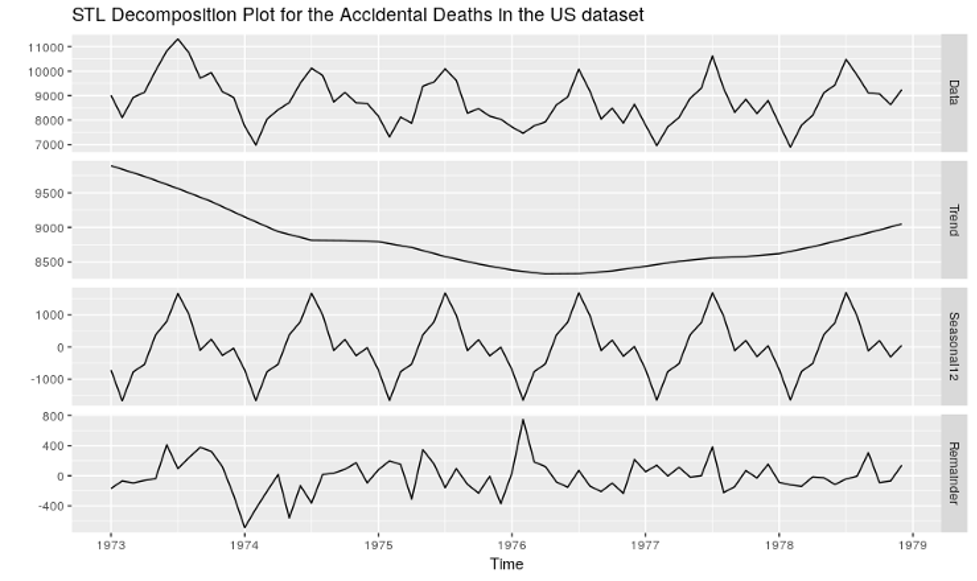With manual processes, human errors are inevitable. Businesses can use compliance automation technologies to streamline compliance-related operations such as risk assessments, control evaluations, testing, and corrective action planning. Compliance automation use artificial intelligence (AI) to automate compliance procedures that were previously performed manually.
Automated healthcare compliance—HIPAA compliance or other healthcare regulations—can play a critical role in avoiding violations and a few noteworthy examples come to mind.
A hospital dismissed a nurse in Texas for her social media post regarding a measles-infected child. Though she had not disclosed the child’s name, the court determined the information she posted was “easily identifiable.”
In Florida, a healthcare practitioner was fined US$2.15 million for three different HIPAA violations.
In 2017, a data breach at the insurance company Aetna revealed the HIV status of more than 11,000 people. Though Aetna agreed to pay $17 million in damages, the reputation of the HIV-positive patients was already compromised.
The rapid technological advancements of the last decade revolutionized patient care. IoT devices give real-time health data to patients and doctors, and internet video conferencing allows people to contact medical specialists from anywhere. However, all this interconnectedness generates vast amounts of data. Securely storing, accessing, and sharing this data continues to be a top technology priority for several senior leaders.
Transitioning away from manual healthcare compliance methods
Compliance automation or automated compliance software products use AI to simplify compliance processes. They are particularly convenient for institutions that handle sensitive information, such as hospitals or banks. In addition, as laws and regulations evolve, automation makes auditing and management more efficient, straightforward, and accurate. More than ever, healthcare providers must ensure the security of patients’ data.
The data breaches mentioned above occurred despite the healthcare provider’s knowledge of privacy regulations. Automating healthcare compliance can benefit providers by providing a consistent, repeatable, and rigorous approach.
Automated compliance will ensure that the correct data privacy practices are consistently followed. For example, referrals from primary care physicians to specialists involve downloading, printing, or publishing notes. It could include delivering sensitive material through email attachments in a digital setting. Unfortunately, this tendency to do things manually inevitably leads to breakdowns in the compliance process.
Compliance process automation allows businesses to conduct self-assessments, control analyses, plan for corrective actions, and test controls. All compliance concerns and activities—rules, policy management, standards, contracts, and clauses—are tracked in one location.
Moving towards automating HIPAA compliance
According to Health IT Security, healthcare accounts for 79% of all reported breaches. Additionally, the Global News Wire reports that 95% of all identity theft incidents come from stolen healthcare records. What’s more, year over year, healthcare data breaches are increasing by 25%.
Even though antivirus and anti-malware software are essential security basics, there are more optimal ways of protecting patients’ health information. Compliance automation takes data security one step further by finding and addressing security flaws, encrypting information correctly, and limiting access to unauthorized individuals. The last is an important consideration, as 34% of healthcare data breaches come from unauthorized access or disclosure.
Automation tools for HIPAA compliance and other healthcare compliance are based on the company’s security frameworks and compliance needs. Compliance automation software follows healthcare laws and performs activities without human intervention based on pre-defined rules. For instance, it is mandatory to de-identify all PII and PHI data before being used for software development.
Benefits of automating healthcare compliance
Improve patient experience
Automating HIPAA compliance enables healthcare professionals to invest their time in areas that matter. HIPAA compliance automation would help automate ongoing regulatory activities. With this responsibility in the automation tool’s “safe hands,” employees can focus on making strategic decisions and steering the healthcare business into more profitable areas. By transferring time spent on manual, error-prone procedures to more strategic ones, healthcare compliance automation can help healthcare providers improve patient care.
Reduce the likelihood of violation penalties
As HIPAA is a federal law, the penalties and fines imposed for privacy violations and non-compliance are severe. Healthcare players can ensure they are doing their due diligence by automating compliance, reducing the chance of human error, and consistently following compliance protocol. Even if there is a data breach, showing compliance and following the correct protocol for disclosure can help keep costs down.
Implement effective internal audits
No objective governmental audit verifies HIPAA, HITECH, or PHIPA compliance. The Office for Civil Rights (OCR) conducts official audits and investigations when a compliance violation is alleged. Healthcare organizations can keep the OCR from auditing them by implementing a comprehensive and robust self-assessment system to check policy and procedural compliance.
Centralize information and processes
By putting all their healthcare compliance information in one place, automation technologies help healthcare organizations prepare for self-assessments quickly, efficiently, and effectively. As a result, healthcare providers can assess compliance status and risk posture quickly and effectively. Automating evidence collection, control monitoring 24/7, providing security awareness training, and establishing a policy center are concrete steps to ensure healthcare compliance.
Adhere to ongoing regulatory changes
The Health and Human Services (HHS) alerts organizations on HIPAA updates and additions, while the OCR advises on implementation. A thorough understanding of the law and its loopholes is required to navigate HIPAA’s legal language, rules, and exclusions. Automated compliance software can significantly reduce the risks linked to the most recent HIPAA laws and regulations.
With tools and software for healthcare compliance, organizations can stay up-to-date and safe in real time. Organizations can avoid penalties and fines by streamlining healthcare compliance workflows like risk assessments, testing, and control evaluations and reducing manual dependencies and human errors. Above all, it frees the compliance team to focus on more sophisticated tasks, such as drafting new policies to better patient care and improve shareholder value.
References
- News, ABC. “Texas Nurse Fired After Posting about Patient’s Measles on Anti-Vaccination Page.” ABC News, November 13, 2001. https://abcnews.go.com/US/texas-nurse-investigation-posting-patients-measles-anti-vaccination/story?id=57443736.
- Information Security Magazine | Latest Cybersecurity News and Updates. “CISO MAG | Cyber Security Magazine | InfoSec News,” October 31, 2022. https://cisomag.com/.
- Howard, Jacqueline. “Aetna Customers Get $17 Million in HIV Privacy Settlement | CNN.” CNN, January 17, 2018. https://www.cnn.com/2018/01/17/health/aetna-hiv-privacy-settlement-bn/index.html.
- Davis, Jessica. “Healthcare Accounts for 79% of All Reported Breaches, Attacks Rise 45%.” Health IT Security, January 2021. https://healthitsecurity.com/news/healthcare-accounts-for-79-of-all-reported-breaches-attacks-rise-45.
- Inc., Onclave Networks. “Largest Healthcare Data Breaches Reported in February 2022 Confirms Need for Network Security Based on Zero Trust Microsegmentation.” GlobeNewswire News Room, March 31, 2022. https://www.globenewswire.com/en/news-release/2022/03/31/2413675/0/en/Largest-Healthcare-Data-Breaches-Reported-in-February-2022-Confirms-Need-for-Network-Security-Based-on-Zero-Trust-Microsegmentation.html.
- Journal, HIPAA. “2020 Healthcare Data Breach Report: 25% Increase in Breaches in 2020.” HIPAA Journal, January 19, 2021. https://www.hipaajournal.com/2020-healthcare-data-breach-report-us/.
- Kays Harbor. “HIPAA Data Breaches – Looking Back at 2017 | Kays Harbor,” February 21, 2018. https://kaysharbor.com/blog/healthcare/hipaa-data-breaches-2017.



